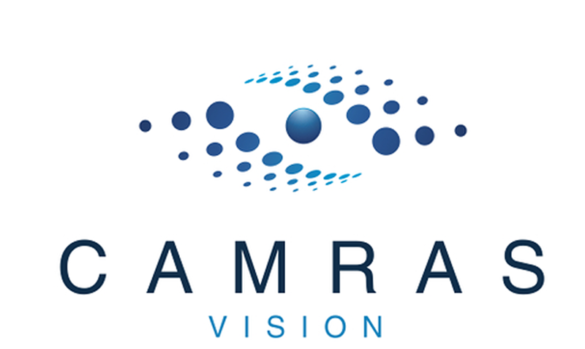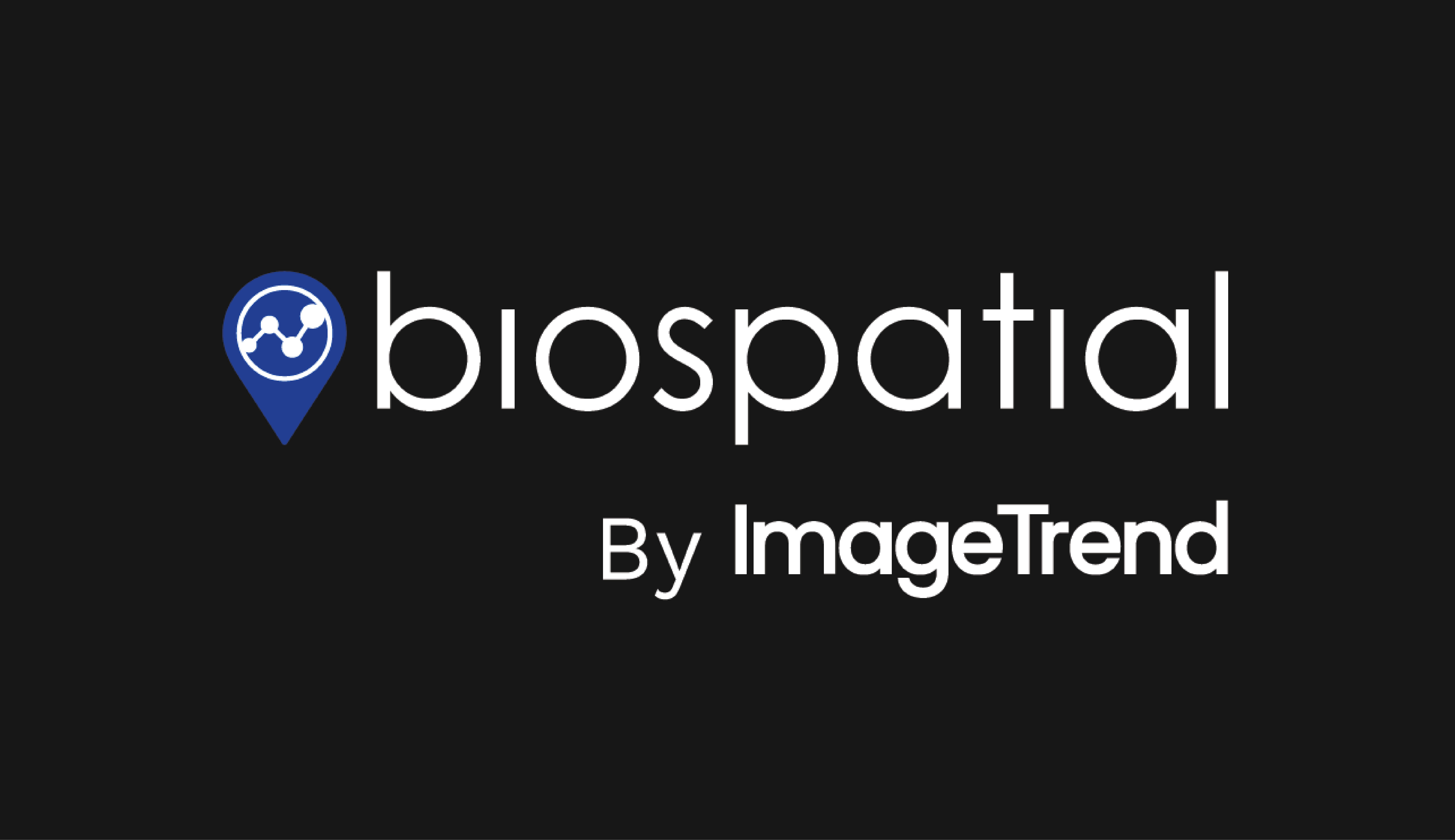Camras Vision, developer of a new medical device for treating glaucoma, won the Emerging Company Award at SEBIO’s 19th Annual Investor and Partnering Forum in Pinehurst. The honor came a few days before the company expects to close on $5 million in Series A financing.
Camras, based in Research Triangle Park, was selected from four finalists that included two other North Carolina companies: Durham-based Cellective BioTherapy, an immunotherapy development company spun out of Duke University, and Physcient, a surgical instruments developer, also of Durham.
Camras has developed a patented shunt that, when implanted in the eye, relieves intraocular pressure by draining fluid. Elevated pressure in the eye can damage the optic nerve, which transmits images to the brain, causing permanent vision loss if not treated.
NCBIOTECH FUNDING CRITICAL
The company has received three loans totaling $824,000 from the North Carolina Biotechnology Center to develop and test the device. The first award, a $74,226 Small Business Research Loan in May 2014, “was a lifeline,” says Ray Krauss, the company’s chief executive officer.
“Without that money, the company would not exist,” he says. “We were operating on vapors.”
The two subsequent loans totaling $750,000 “have allowed us to accelerate our efforts,” he says.
The company has leveraged the extensive due diligence that NCBiotech staff performed on the company before awarding the loans.
“Outside investors, when they hear that we received loans, they know there’s been a certain level of due diligence performed, which makes them more comfortable with lending their own money,” Krauss says.
The company received about $3 million in federal grant funding from the National Institutes of Health and the National Science Foundation and also raised $1.3 million in seed-round equity financing.
Now Camras is about to close on a Series A financing of $5 million and aspires to secure an additional $2 million, Krauss says.
The lead investor is VCapital, a Chicago venture capital firm. Other investors include most of the seed-round investors, several high-net-worth individuals and three university angel investor funds – the Duke Angel Network, the Carolina Angel Network and the Wolfpack Investor Network.
Following his company’s receipt of the SEBIO award and his presentation at the forum on Nov. 15, Krauss says a throng of people approached him, “so I have several new investors interested in the company.”
A BETTER SHUNT
The company’s device, called the Camras Shunt, was developed by the late Carl Camras, M.D., a world-renowned glaucoma researcher and surgeon, and his daughter Lucinda Camras, Ph.D., the company’s chief scientific officer.
The elder Camras was one of the creators of the leading drug treatment for glaucoma, latanoprost, sold under the brand name Xalatan and others. Based on surgical complications he observed with patients and the limitations of drug therapy, he experimented with draining fluid from the ocular surface.
The resulting device he and his daughter developed would avoid the complications of glaucoma surgery and also give ophthalmologists the first tool to stop the progression of glaucoma.
The device is the first treatment to externally drain aqueous humor, the clear fluid that fills the space in the front of the eyeball between the lens and the cornea. This avoids scarring within the drainage site that accompanies all other shunt surgeries and gives the ability to personalize the control of intraocular pressure.
“What differentiates us from the competition is that we drain the high pressure from the front of the eye externally,” Krauss says. “By draining externally we can actually set the pressure of the device to meet the individual needs of the patent. If you can hit the magic (pressure) number and hold it there, the patient can preserve their remaining vision for the rest of their life.”
The Camras Shunt has been in tested in an offshore human clinical trial for one year. With its new infusion of capital, the company will begin new trials in Canada, the Dominican Republic and possibly Europe, Krauss says.
The company expects to start a U.S. clinical trial in the middle of 2018.
Camras has lined up two contract research organizations to help with the trials. The company has five employees and expects to hire two more by February, Krauss says.
Glaucoma is a leading cause of irreversible blindness worldwide, affecting 4 million people in the United States and a projected 80 million people worldwide by 2020.
Surgical options for advanced glaucoma such as placement of an aqueous shunt or filtration surgery can achieve target eye pressures, but have limited success rates, high complication rates, and typically only last for only three to five years, according to Camras.
“Physicians must use an imprecise combination of multiple therapies to attempt to achieve the target pressure goal,” Camras says on its website. “This inherent guesswork is frustrating to physicians and risks the patient’s remaining vision.”
SEBIO is a regional nonprofit organization that fosters the growth of the life sciences industry in the Southeastern United States. SEBIO’s geographic footprint includes Alabama, Florida, Georgia, North Carolina, South Carolina, Tennessee and Virginia.
- Categories:



